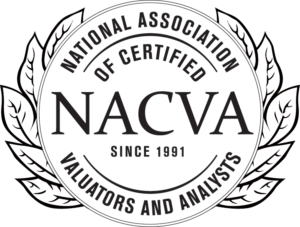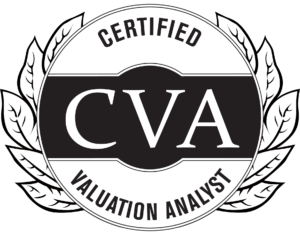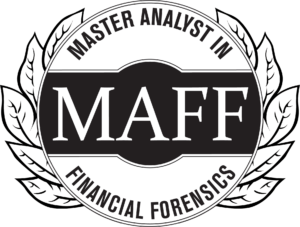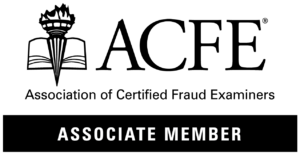 Did you realize that companies that create a positive culture and ethical management style could prevent fraudulent activity?
Did you realize that companies that create a positive culture and ethical management style could prevent fraudulent activity?
Fraud prevention is greatly reduced when upper management establishes a proper ethical code of conduct valuing integrity, encouraging open and honest communication. Surveys conducted to measure employee satisfaction show that those employees happy with company culture are less likely to commit fraud. Organizations with centralized authority lacking employee input in management’s decision-making process will breed a negative culture, increasing the probability of internal fraud.
There is a “fraud triangle” theory highlighting factors such as personal stress (or pressure) that can cause a fraud scheme. The other two points of the triangle are perceived opportunity and rationalization. Those who believe they’ve received unjust treatment will resent threats restricting their freedom. Or sometimes moral and well-regarded employees feel as if they have banked up some kind of “ethical credit,” justifying immoral behavior. Other reasons may include an inability to pay bills, hide an addiction or those just short of their goals who may decide to cheat. The motto “Do as I say, not what I do” should not apply to a company’s upper management team. The executive team must put priority on two-way communication starting from the top-down. Implementing a tipster hotline can deter fraudulent activity and reduce the time to detect fraud by 50%.
For other information about how your company can improve their corporate culture and minimize internal fraud, contact ARA at www.assetrecoverystl.com





